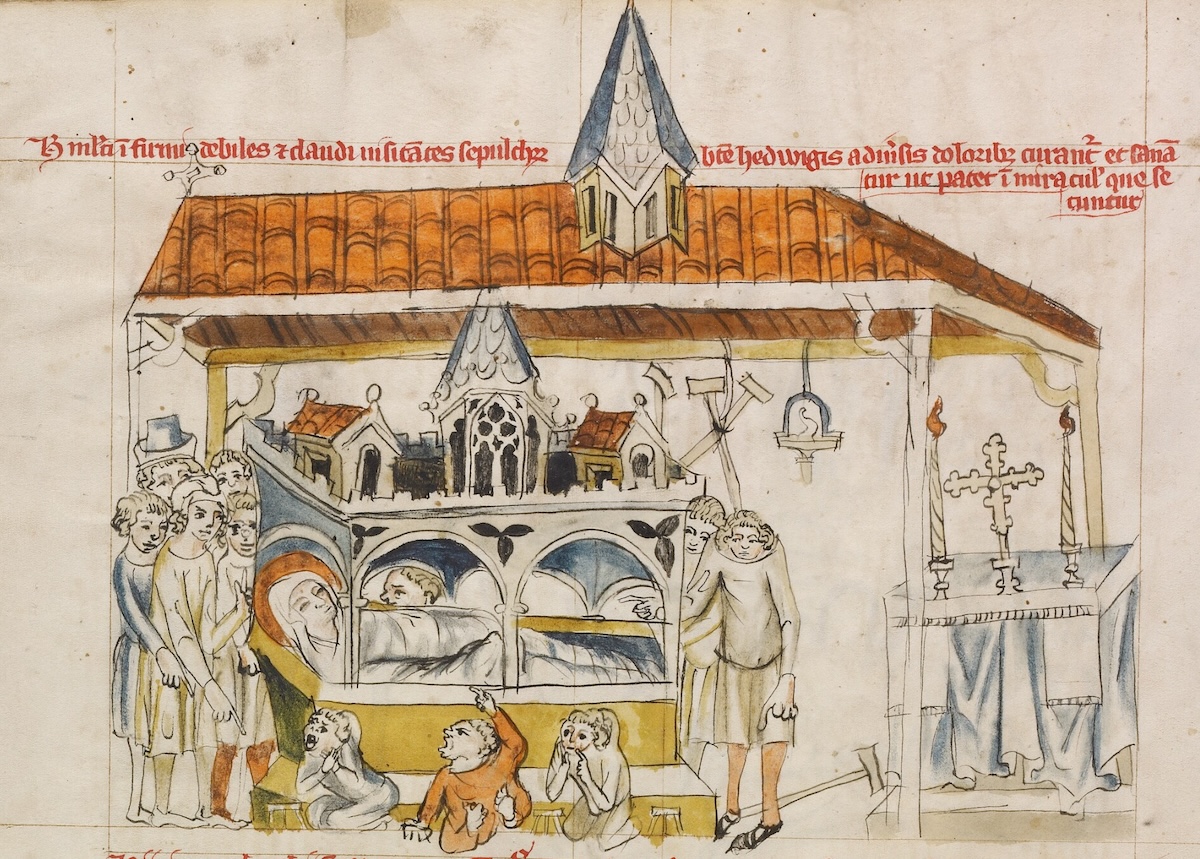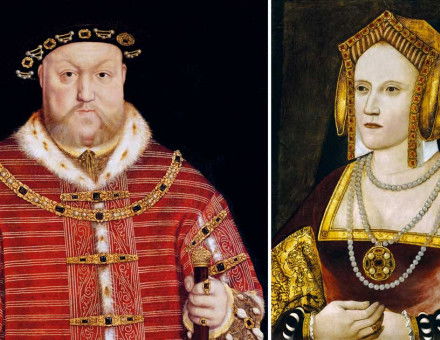The Pilgrim as a Historian
Pilgrimage is not meant to be easy, but it remains a popular pursuit – even for non-believers.

Every September two friends and I go on pilgrimage. They are both pretty devout – one is a priest. I am indulged as a wistful agnostic. Growing enthusiasm for the Camino de Santiago over recent decades attests to an increasing desire to undertake this demanding physical expression of medieval Christian devotion, even as church attendance slumps. In Britain routes have been helpfully plotted by the British Pilgrimage Trust. They tend to run cross-country. For long stretches, one escapes from the modern world. The pace is necessarily slow. If the weather is good, there is plenty of opportunity to appreciate the scenery; if bad, as it was in buckets this year, the experience can become a bit gruelling. Both these aspects are part of the point. They afford a lot of time and space for reflection, and an intimation of one’s own limitations. Pilgrimage is not meant to be easy. Even in company, and pace Chaucer, most of the conversation when walking is interior. Conviviality tends to resurface during the stops.







